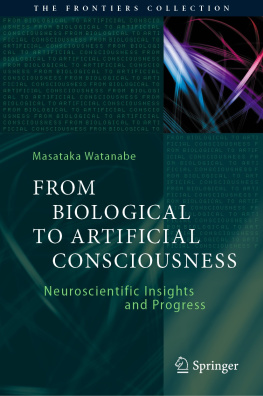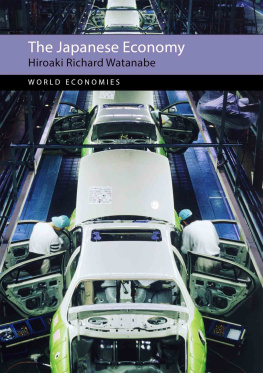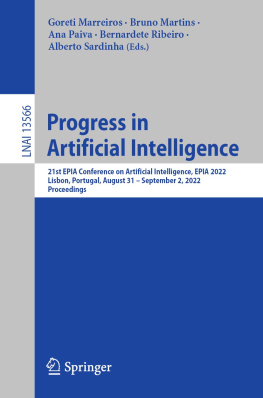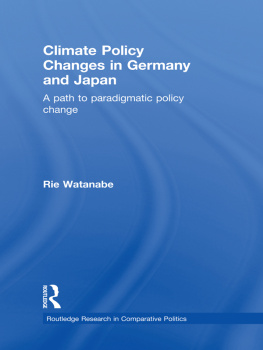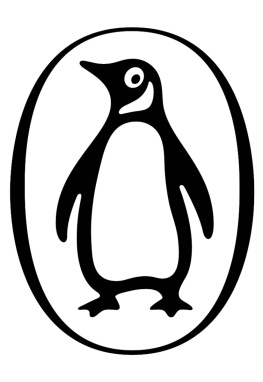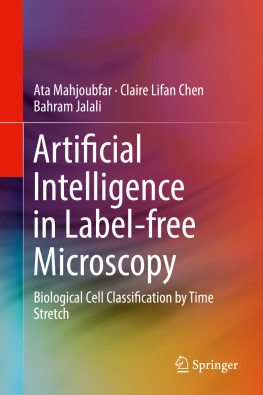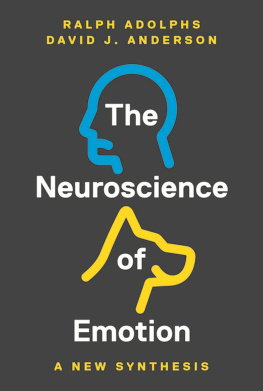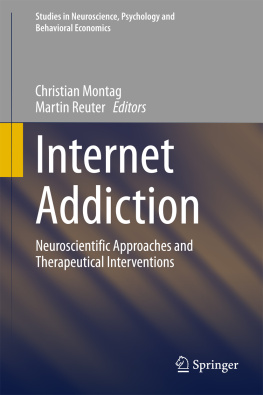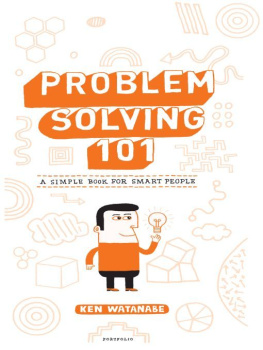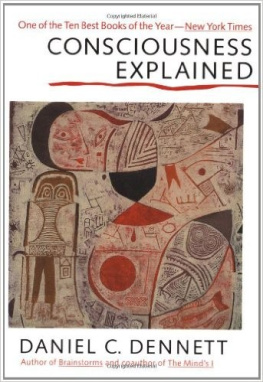Masataka Watanabe - From Biological to Artificial Consciousness : Neuroscientific Insights and Progress
Here you can read online Masataka Watanabe - From Biological to Artificial Consciousness : Neuroscientific Insights and Progress full text of the book (entire story) in english for free. Download pdf and epub, get meaning, cover and reviews about this ebook. publisher: Springer International Publishing, genre: Religion. Description of the work, (preface) as well as reviews are available. Best literature library LitArk.com created for fans of good reading and offers a wide selection of genres:
Romance novel
Science fiction
Adventure
Detective
Science
History
Home and family
Prose
Art
Politics
Computer
Non-fiction
Religion
Business
Children
Humor
Choose a favorite category and find really read worthwhile books. Enjoy immersion in the world of imagination, feel the emotions of the characters or learn something new for yourself, make an fascinating discovery.
- Book:From Biological to Artificial Consciousness : Neuroscientific Insights and Progress
- Author:
- Publisher:Springer International Publishing
- Genre:
- Rating:5 / 5
- Favourites:Add to favourites
- Your mark:
- 100
- 1
- 2
- 3
- 4
- 5
From Biological to Artificial Consciousness : Neuroscientific Insights and Progress: summary, description and annotation
We offer to read an annotation, description, summary or preface (depends on what the author of the book "From Biological to Artificial Consciousness : Neuroscientific Insights and Progress" wrote himself). If you haven't found the necessary information about the book — write in the comments, we will try to find it.
Masataka Watanabe: author's other books
Who wrote From Biological to Artificial Consciousness : Neuroscientific Insights and Progress? Find out the surname, the name of the author of the book and a list of all author's works by series.
From Biological to Artificial Consciousness : Neuroscientific Insights and Progress — read online for free the complete book (whole text) full work
Below is the text of the book, divided by pages. System saving the place of the last page read, allows you to conveniently read the book "From Biological to Artificial Consciousness : Neuroscientific Insights and Progress" online for free, without having to search again every time where you left off. Put a bookmark, and you can go to the page where you finished reading at any time.
Font size:
Interval:
Bookmark:
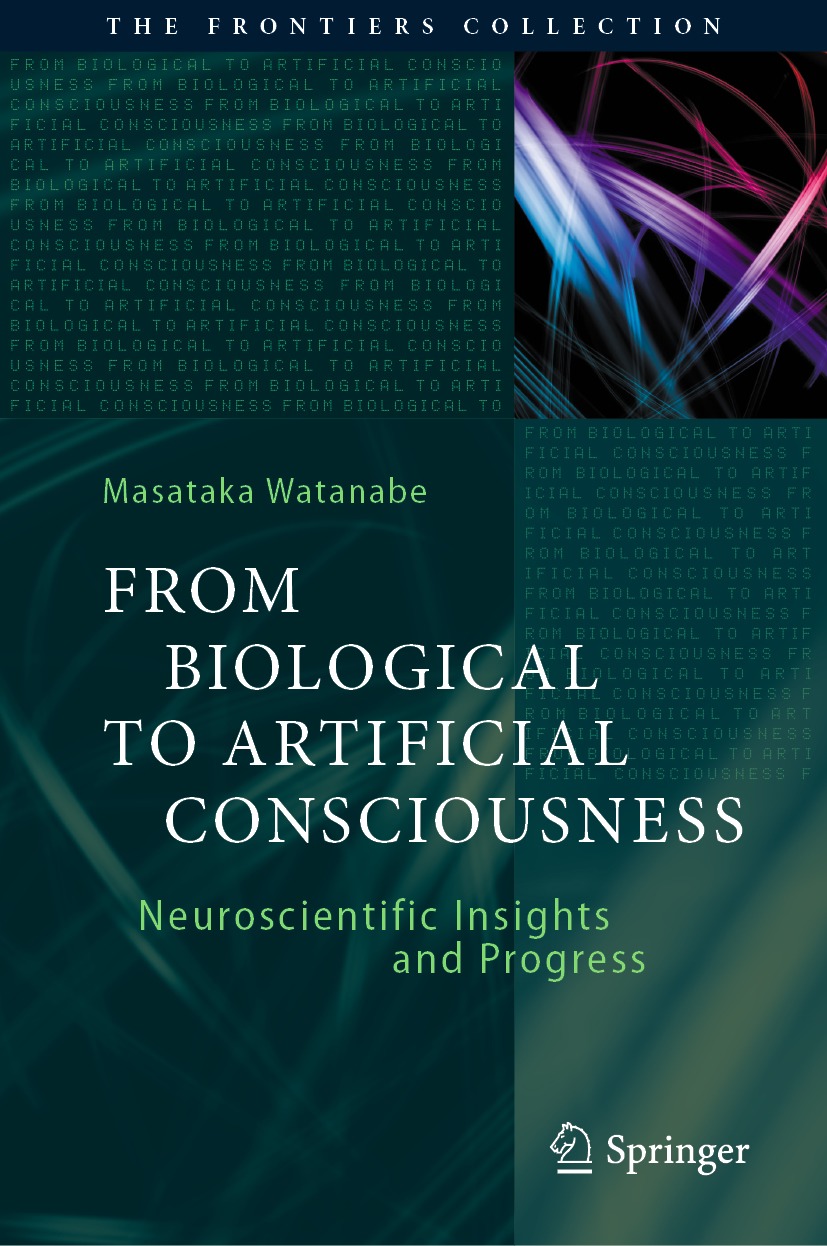
The books in this collection are devoted to challenging and open problems at the forefront of modern science and scholarship, including related philosophical debates. In contrast to typical research monographs, however, they strive to present their topics in a manner accessible also to scientifically literate non-specialists wishing to gain insight into the deeper implications and fascinating questions involved. Taken as a whole, the series reflects the need for a fundamental and interdisciplinary approach to modern science and research. Furthermore, it is intended to encourage active academics in all fields to ponder over important and perhaps controversial issues beyond their own speciality. Extending from quantum physics and relativity to entropy, consciousness, language and complex systemsthe Frontiers Collection will inspire readers to push back the frontiers of their own knowledge.
More information about this series at https://link.springer.com/bookseries/5342

Translation from the Japanese language edition: Nou no ishiki, kikai no ishiki (Brain Consciousness, Machine Consciousness) by Masataka Watanabe, Chuou-kouron-shinsha 2017. Published by Chuou-kouron-shinsha . All Rights Reserved.
This Springer imprint is published by the registered company Springer Nature Switzerland AG
The registered company address is: Gewerbestrasse 11, 6330 Cham, Switzerland
Were it possible, would you upload your consciousness to a machine? What if you were soon to die otherwise? The fleeting nature of life is part of what makes it precious, but I would doubtless succumb to curiosity. If I were transplanted into a machine, what would I hear? What would I see? As time passed, would I cease to long for my previous physical form?
I believe that at some point in the future, we humans will inevitably learn how to transfer consciousness and extend our lives in some mechanical form. Today, however, realization of such a feat remains a far-off dreamwe have no idea what kind of device could harbor consciousness, or indeed what consciousness even is. The science of consciousness lacks uniformity, instead remaining a confusing amalgam of varied positions. In recent years, however, a concerted effort has begun to emerge among a subset of consciousness researchers. Through their work, the vague outline of a new science of consciousness is coming into focus, revealing new paths toward a solution. The present book is an exploration of these efforts.
Simply stated, this subset of researchersamong whom I count myselfis attempting to introduce natural laws into the science of consciousness. As the term implies, natural laws refer to the rules by nature behaves and form the foundations of the natural world. One example is the constancy of light velocity which serves as a foundation for Einsteins theory of special relativity. Einsteins theory has revealed many strange phenomena, such as that traveling at the speed of light would stop time. It is highly probable that a phenomenon as strange as consciousness, which escapes explanation by conventional science, also arises from some set of novel universal principles.
What would such a natural law look like? To give two examples, the philosopher David Chalmers posits that all information produces consciousness, while the neuroscientist Giulio Tononi presumes that consciousness can only arise from information in a particular integrated state. I address the meaning and unique characteristics of each hypothesis in detail in the main text.
Initiatives toward introducing a natural law of consciousness aim at recasting the science of consciousness into the form that science should take. Namely, a science of consciousness should propose hypotheses based on natural laws and elucidate the nature of its subject through reproducible experiments that test those hypotheses. Doing so would finally lay bare the nature of consciousness, which for thousands of years has straddled the boundary between philosophy and science.
My own field of study is neuroscience, and I have been obsessed with consciousness for some time, just as in the words of the philosopher John Searle, Studying the brain without studying consciousness would be like studying the stomach without studying digestion. Every day, I conduct experiments on the brains of mice, during which I constantly ponder the neural mechanisms of consciousness. And there is one thing my experience allows me to say with confidence: Throughout all of science, no subject is both so deep and so elusive as this one.
My primary goal in writing this book is to impart upon the reader the depth of this problem of consciousness. I wish to demonstrate that we need not travel to the farthest reaches of space to find problems deserving of our utmost efforts toward understanding: Such a problem resides right in our own heads. A secondary goal is to propose a method for validating the natural law of consciousness, which is indispensable to the establishment of the current approach but yet missing.
Font size:
Interval:
Bookmark:
Similar books «From Biological to Artificial Consciousness : Neuroscientific Insights and Progress»
Look at similar books to From Biological to Artificial Consciousness : Neuroscientific Insights and Progress. We have selected literature similar in name and meaning in the hope of providing readers with more options to find new, interesting, not yet read works.
Discussion, reviews of the book From Biological to Artificial Consciousness : Neuroscientific Insights and Progress and just readers' own opinions. Leave your comments, write what you think about the work, its meaning or the main characters. Specify what exactly you liked and what you didn't like, and why you think so.

